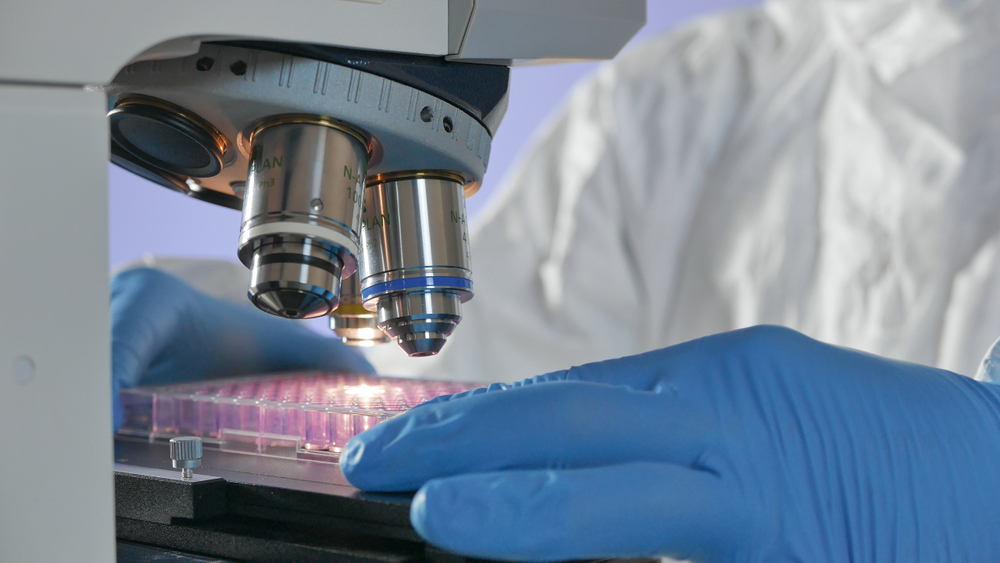
Researchers from Florida International University’s Herbert Wertheim College of Medicine have created a novel, broad-spectrum antibiotic containing arsenic to combat the rise in antibiotic-resistant bacteria.
“The antibiotic, arsinothricin or AST, is a natural product made by soil bacteria and is effective against many types of bacteria, which is what broad-spectrum means,” Barry Rosen, co-senior author of the study published in the Nature journal Communications Biology, said. “Arsinothricin is the first and only known natural arsenic-containing antibiotic, and we have great hopes for it.”
Rosen and his colleagues from both FIU and from the Japanese Institute for Agro-Environmental Sciences, NARO, said they have texted the drug’s toxicity on human blood cells and, despite the arsenic element, it doesn’t kill human cells.
“People get scared when they hear the word arsenic because it can be a toxin and carcinogen, but the use of arsenicals as antimicrobials and anti-cancer agents is well established,” Rosen said.
Such efficacy seems to be established here as well, with the team observing the drug’s usefulness against a variety of bacteria, including E. coli, the cattle tuberculosis-causing Mycobacterium bovis and carbapenem-resistant Enterobacter cloacae, which is involved in the rise of infections in neonatal and intensive care units. While this has held true in tissue culture, further tests still need to be run to determine the drug’s effectiveness and toxicity in animals and humans.
The research team is currently patenting the discovery and intends to take it to the pharmaceutical industry thereafter.




